CONTENTS
Cash limit on flights: How much cash can you carry on a plane?
As a passionate traveller, you know that bringing cash is essential to fuel your wanderlust. But before you jet off, it's important to take note of the regulations on getting cash on a plane.
However, no need to be concerned; this guide has covered all the details on how much cash you can bring on a plane in the UK. Don't let the hassle of check-in and check-out dampen your spontaneity - be a well-travelled pro and pack accordingly for your next adventure.
How Much Cash Can You Carry On A Plane?
According to UK law, travellers must declare any cash amounts of €10,000 or more (or the equivalent in another currency) when entering or leaving the country.
Complying with these regulations is essential to avoid fines or confiscation of your cash. Even if you're carrying less than €10,000, customs officials may still ask you to explain the source and purpose of your money.
1. Know Before You Go: Regulations on Bringing Cash on a Plane

Regulations of carrying cash onboard in UK flights. Photo by vladstar - stock.adobe.com
The internet is a goldmine of information and advice regarding currency regulations. But with so many personal opinions and experiences, it can be challenging to pinpoint what's relevant to you. Fear not, my fellow globetrotters! Here are some essential tips for those new to travelling in Europe.
How Much Cash Can I Bring Without Declaring It?
Passionately exploring the world with a free-spirited lifestyle, you can travel seamlessly between the territories of the United Kingdom (England, Scotland, and Wales) and a foreign country with less than £10,000 in cash without any declaration.
However, the declaration is mandatory for passionate travellers embarking on group or family adventures carrying a total cash amount exceeding £10,000 (even if each individual carries less than this amount).
Which Currencies Require Declaration When Travelling with Cash?
When travelling internationally, one must be aware of the types of cash that are mandatory to be declared at customs. Besides cash or instruments valued at €10,000 or more, specific types of cash must be reported regardless of their value. These include:
- Notes and coins
- Bearer bonds
- Travellers' cheques
- Cheques (including the above cheques) that are signed but does not belong to specific individuals or organisations
The Must-Haves for Cash Declarations at Customs
When travelling with cash, you must submit the following information:
- Information on the person handling the cash
- Details relating to the cash's owner and beneficiary
- Your travel schedule
- The quantity and sort of cash you are bringing.
- The source of the cash, whence it came from and how it was generated
- The cash's intended usage.
Guide to Cash Declaration: Everything You Need to Know
There are two options to declare your cash when entering the UK: before your trip or upon arrival. It is now more convenient to declare your cash online, which is available for money brought into or taken out of Great Britain.
Most UK airports have three exits/channels: green, blue and red. To declare your cash when entering the UK, follow the red ones. These exits are for decaling goods or cash.
Next, meet a Border Force officer for further instructions. If you cannot find a declaration point upon arrival, you can opt for a phone declaration by calling 0300 322 9434.
2. Expert Tips for Your Next Time Flying with Cash
Taking certain precautions is important to ensure its safety when carrying cash on a plane. Not only can it let your mind be at ease, but it can also derail your travel plans. Keep your money safe with these tips!
Limit Cash To The Essentials Amount
Avoid carrying large amounts of cash in one place and distribute it between different pockets or bags. Not only will this help you avoid carrying around unnecessary weight, but it will also reduce the risk of losing a large amount of cash if it gets lost or stolen.
Consider using a credit or debit card instead for most purchases, and only carry enough cash to cover minor expenses like transportation. This way, you can still access cash if needed and minimise the risk of loss or theft.
You should take into account accommodation, food, transport, way to call home, and other expenses (such events tickets). If you are travelling to the UK, an amount of £1,000 in cash is a safe bet (bring slightly more if you are in London).
Use a Money Belt or Travel Pouch
A money belt or travel pouch can be a great way to keep your cash and other valuables secure. It would help to keep your cash close to your body and hidden from view. These items are designed to be worn under your clothing and provide a discreet way to carry your cash without drawing attention to yourself.
Look for a travel pouch or money belt that is comfortable to wear and has multiple compartments to keep your cash organised. Remember to keep your cash and other important documents close to your body at all times and avoid taking them out in public places.
3. Alternatives to Carrying Cash
When it comes to travelling, carrying cash can be risky and stressful. Some alternatives can make your trip smoother and more secure:
- Credit/debit cards: Most countries accept credit/debit cards, a safer alternative to cash. However, be sure to notify your bank of your travel plans beforehand to avoid any issues with your cards being blocked for suspicious activity.
- Mobile payment apps: Many countries have mobile payment apps that can be linked to your bank account or credit/debit card. These apps can be used to purchase and pay for services without physical money.
- Traveller's cheques: Traveler's cheques are prepaid cheques that can be used in place of cash. They can be purchased in advance and are safer to carry around, as they can be replaced if lost or stolen.
- Prepaid travel cards: Prepaid travel cards can be loaded with a certain amount of money and used like credit/debit cards. They are a safer alternative to carrying cash as they can’t be used without your signature.
4. FAQs
1. What Is The Penalty For Failing To Declare Cash At The Airport?
If you're headed to the UK, there's something important you need to know about declaring cash at the airport. You might face harsh consequences if you fail to declare your cash or give false information. The severity of the penalty imposed is contingent upon the sum of cash being carried.
Suppose a traveller fails to declare their cash or submits false information. In that case, they may be charged with a criminal offence, leading to potential incarceration for up to seven years and an unrestricted fine.
Needless to say, such legal complications can be avoided by adhering to the regulations and declaring any cash amounts exceeding the stipulated limit.
2. Can I Use Traveller's Checks Instead Of Cash?
Yes, you can! Traveller's checks can be a great alternative to cash since they're secure, widely accepted, and easily replaceable if lost or stolen. Plus, you don't have to worry about carrying large sums of cash.
However, remember that not all places in the UK may accept traveller's checks. It's always a good idea to research beforehand and check with the establishment you're visiting if they accept them. If needed, you can exchange traveller's checks at banks or currency exchange bureaus.
Traveller's checks can be a convenient option for your travels to the UK, but it's always best to be prepared with multiple payment methods just in case.
3. Do I Need To Pay Taxes On The Cash I'm Carrying On A Plane?
There is no tax on the cash you carry on a plane when travelling in the UK. However, if you carry more than €10,000 or its equivalent in another currency, you must declare it to the customs authorities as mentioned.
It's important to note that if you're carrying a large amount of cash, you may be asked to provide proof of the source and purpose of the money.
4. Are There Different Rules For Carrying Money On Domestic And International Flights In The Uk?
The rules for carrying money on domestic and international flights in the UK are generally the same. No limit exists on how much money you can carry on a domestic or international flight.
However, if you're travelling internationally, you should also be aware of the regulations in the country you're travelling to. Some countries may restrict the amount of money you can bring into the country.
It's always a good idea to research the specific regulations of the country you're travelling to and from to ensure you comply with any restrictions. If you have any doubts, it's best to consult with your airline or the customs department before your flight.
5. Can I Carry Money For Someone Else On A Plane?
Carrying money for someone else is allowed. However, if you're carrying money on behalf of someone else and the total amount exceeds €10,000, you'll need to declare it to the authorities.You must also be able to offer documentation of the money's origin and purpose, as carrying large sums of cash can be seen as suspicious activity.
It's also worth noting that carrying money on someone else's behalf puts you in danger of being involved in money laundering or other criminal activities. Therefore, it's important to only carry money on behalf of someone you trust and to be fully aware of the purpose of the transaction.
The Bottom Line

Travelling with cash may require you to familiarise yourself with the policies and restrictions of the country you're visiting. Photo by Krakenimages.com - stock.adobe.com
In short, carrying cash on a plane in the UK is allowed, but if you're carrying €10,000 or more, you must declare it. It's also essential to have proof of the source and purpose of the money.
To stay safe, consider carrying smaller amounts of cash and using other payment methods. By being mindful of the rules and regulations, you can have a hassle-free travel experience.
>> Read more:
- How Many Ounces Of Liquid Can I Bring On A Plane?
- Things You Should Always Wear On A Plane For Maximum Comfort
Phi Nguyen


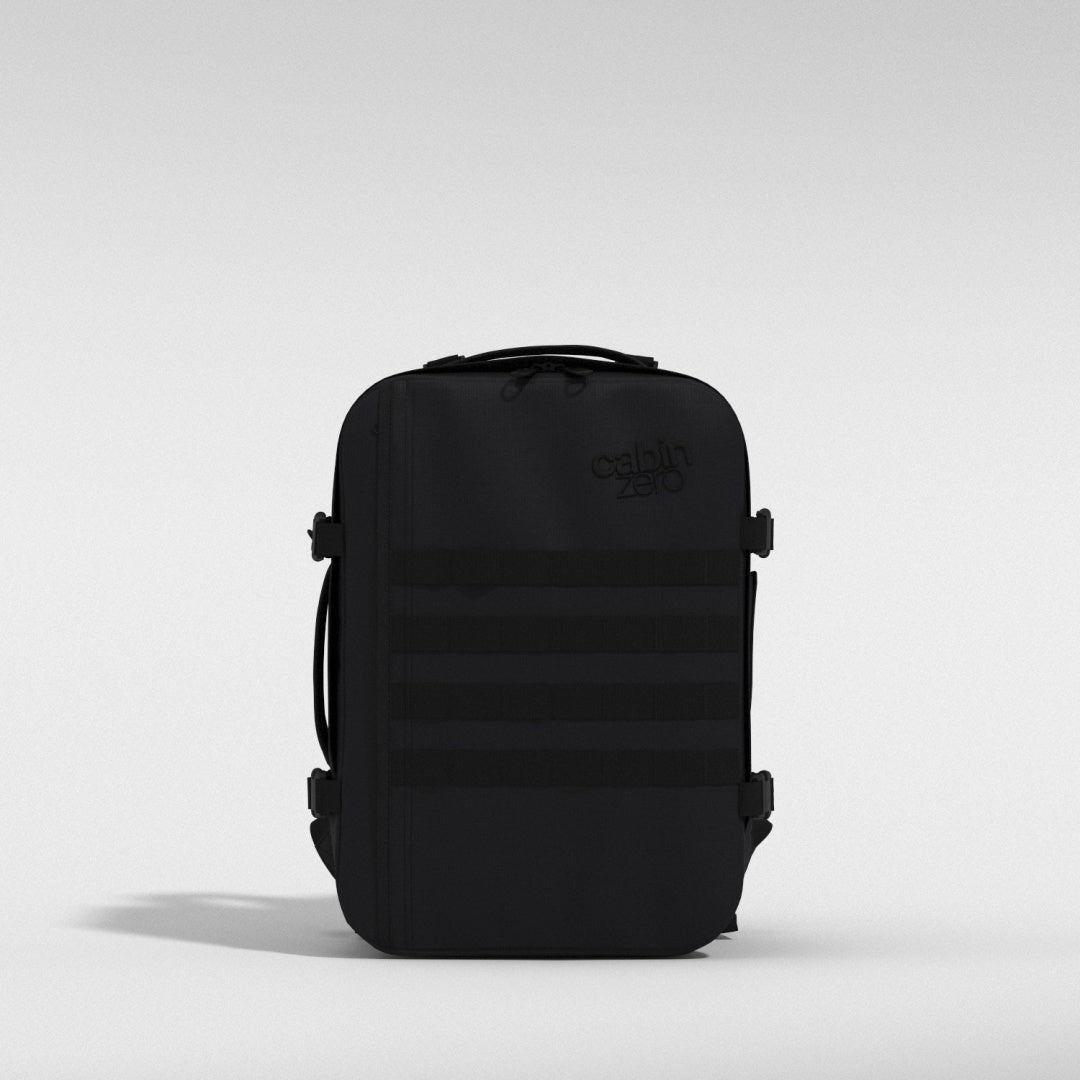

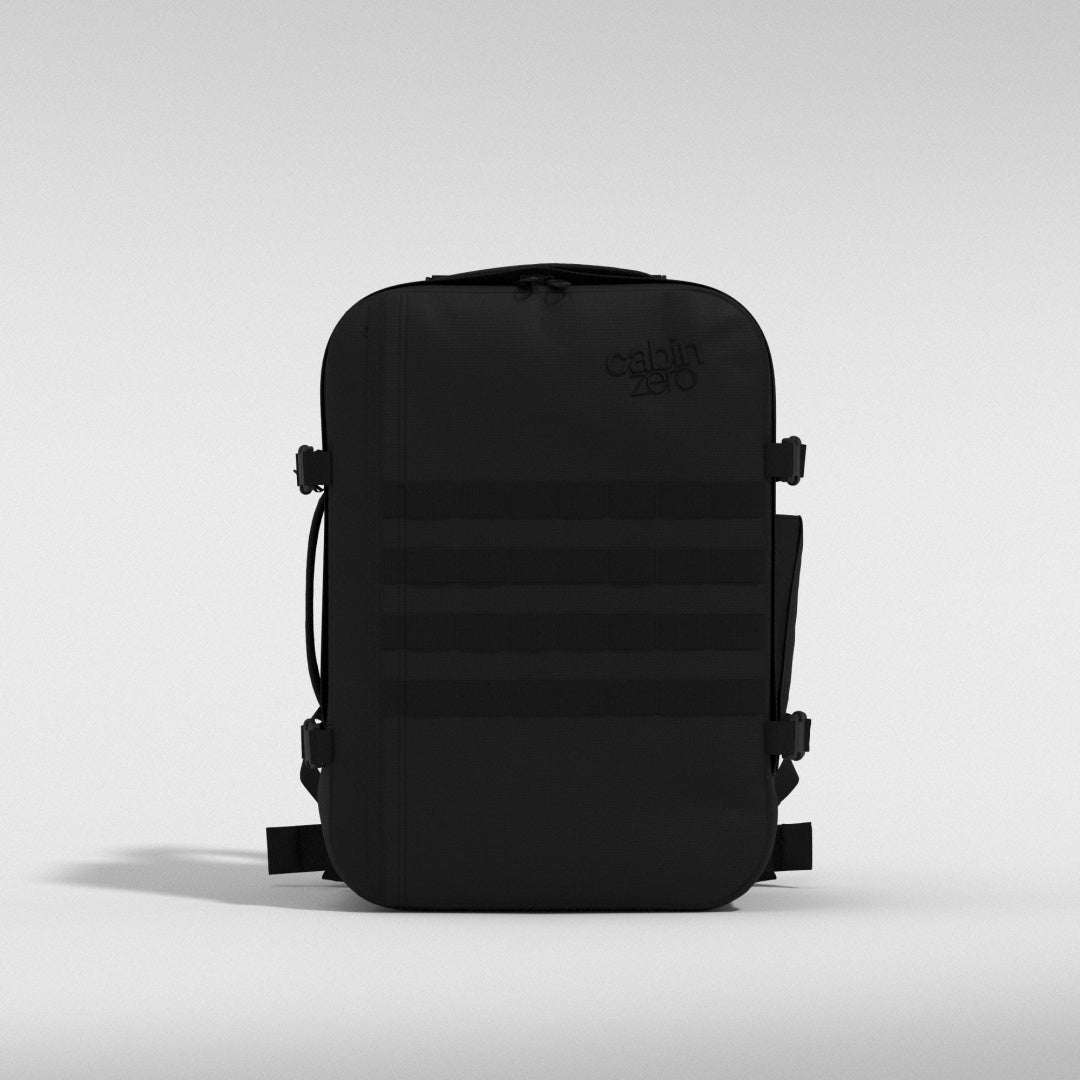

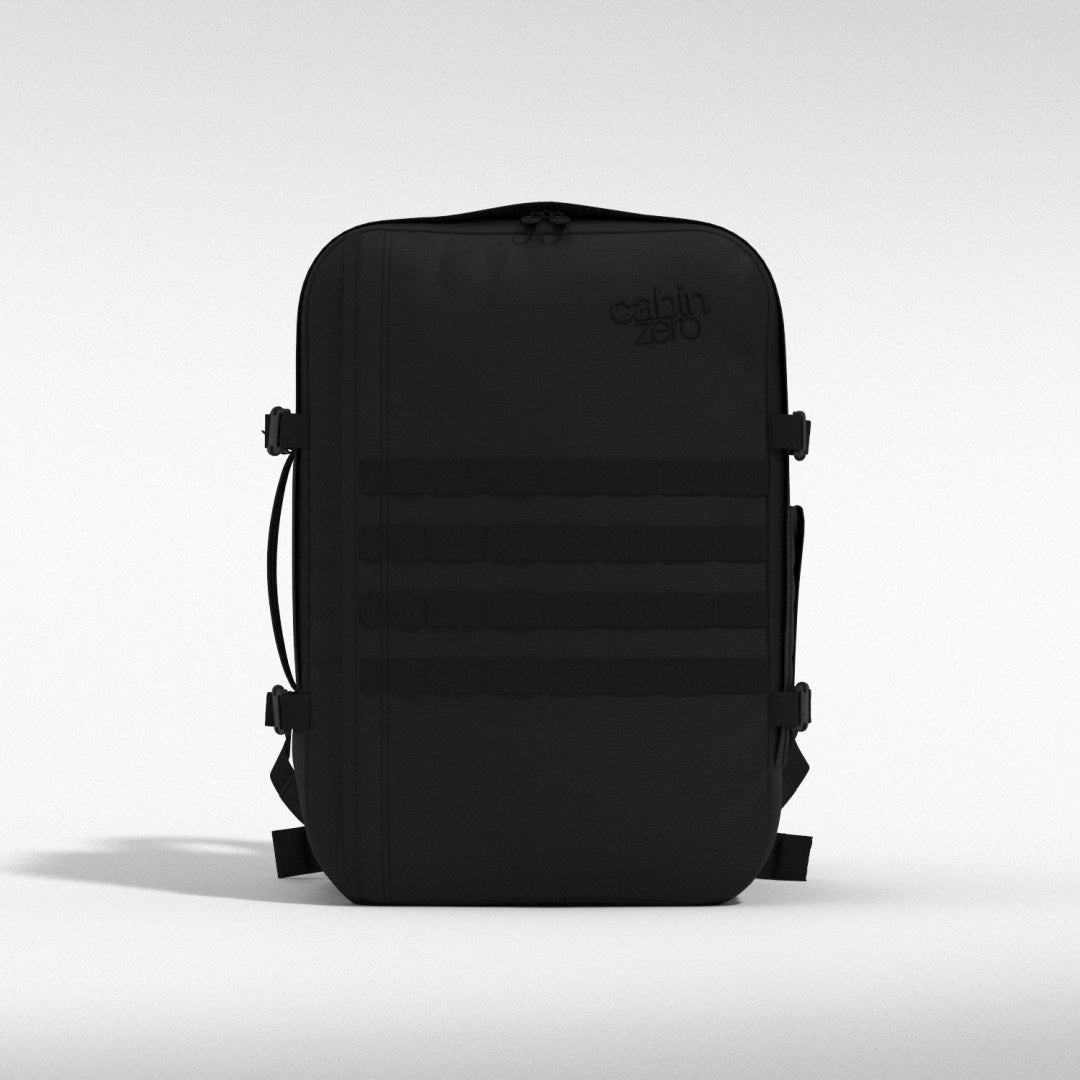

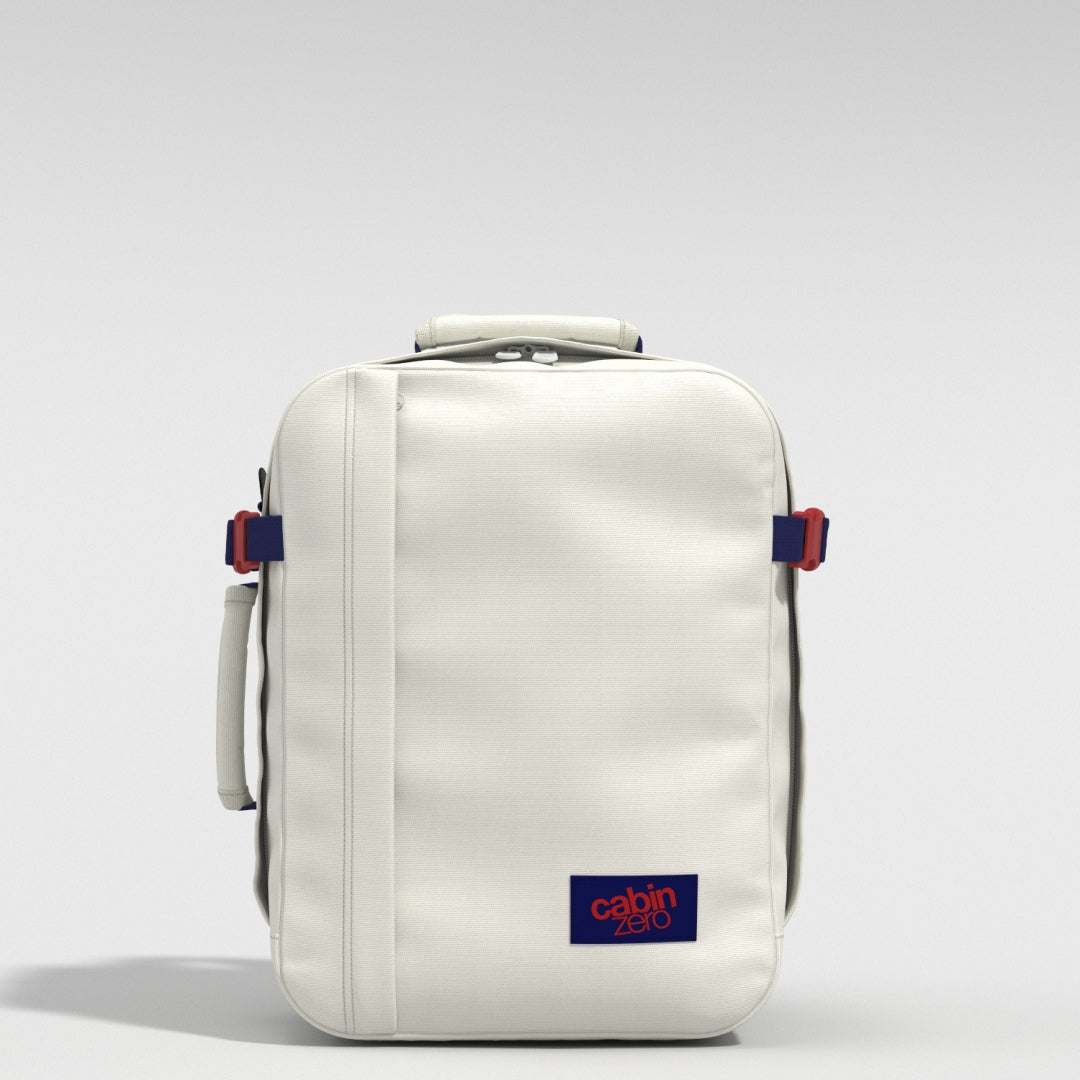

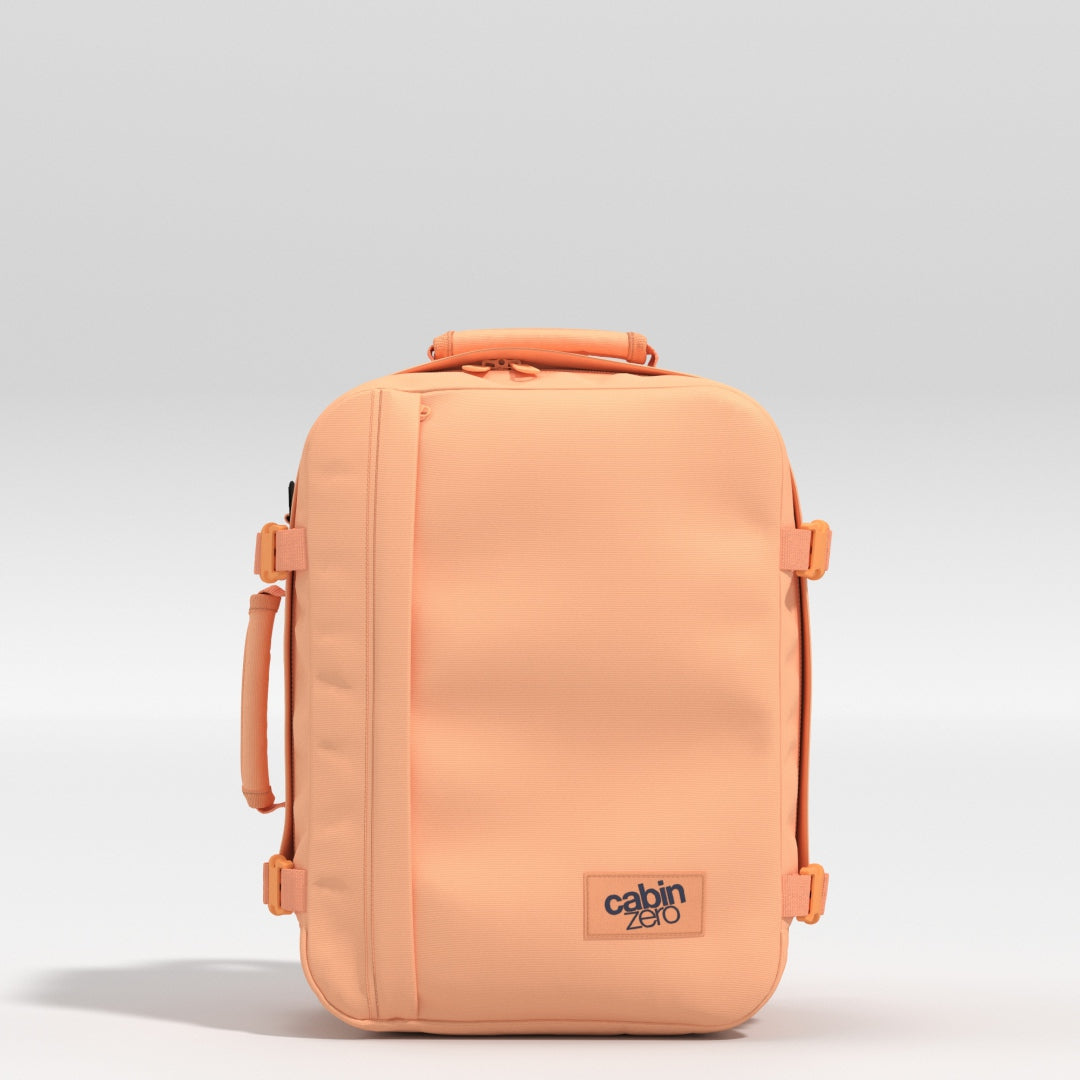





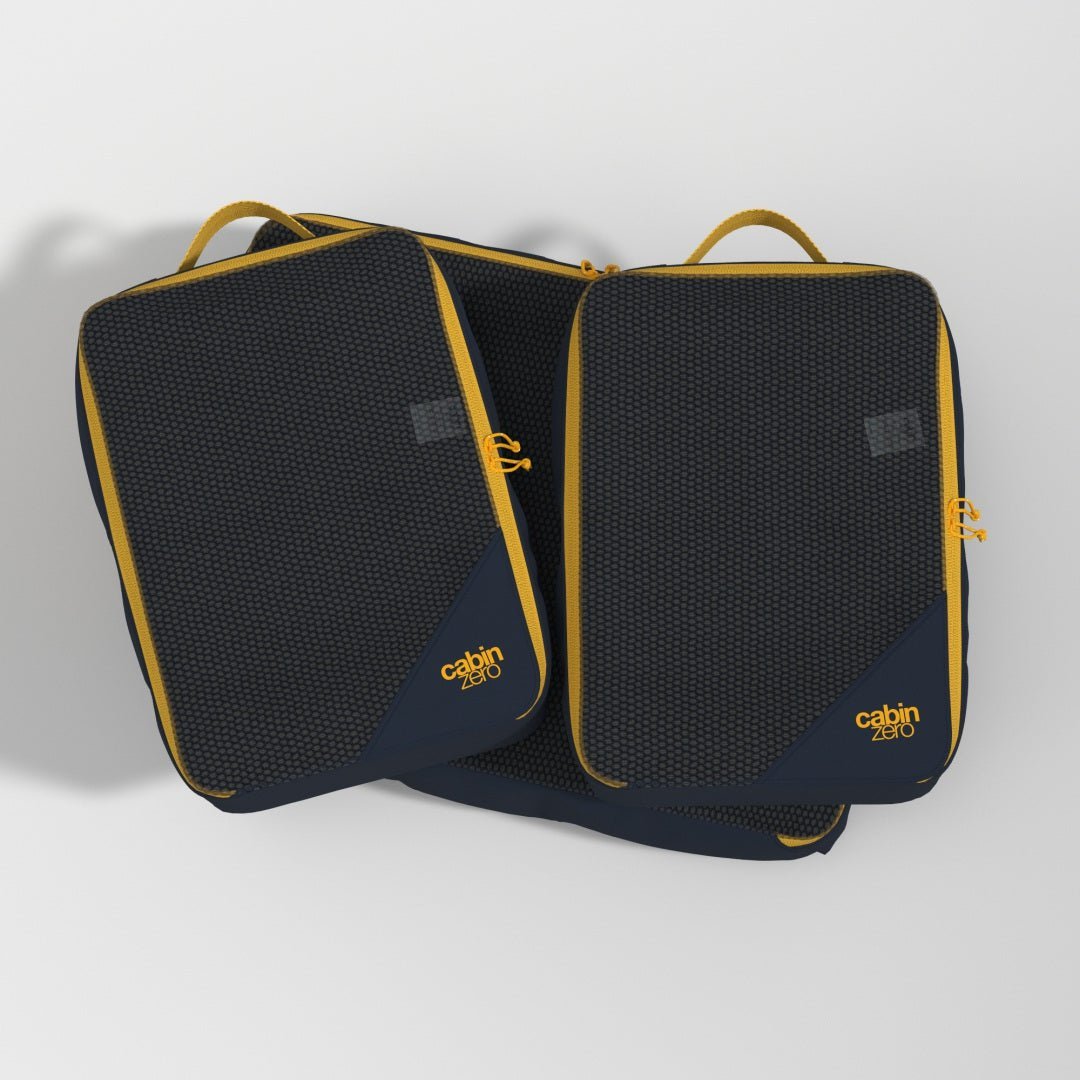






Do you have to have a minimum of pocket change to fly out of the Heathrow airport?
Travelling today from humberside airport and was asked by the people in costumes if I was carrying more than £1000.00 cash not £10,000 and where I was going.
If I hadn’t have been with the wife I would have told them “what business is it if yours” but happy wife happy life prevailed.
Leave a comment